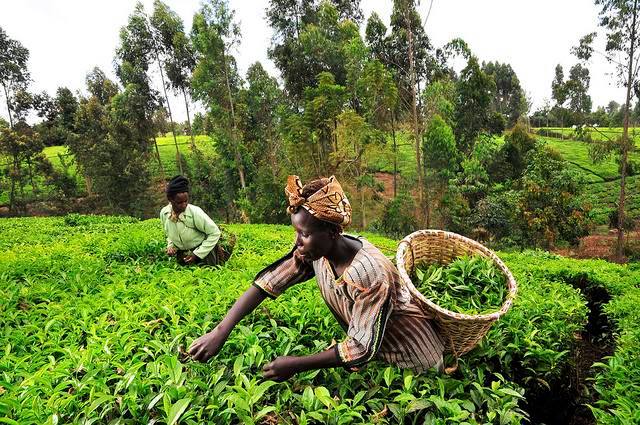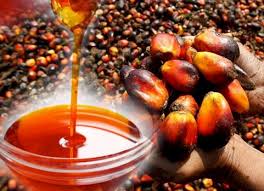As Nigeria grapples with food crisis, experts have highlighted the need for the government to prioritise investments in critical value chains of the agricultural sector to boost its contribution to the economy.
Nigeria’s economy has for decades, depended on crude oil exports and importation of finished goods while agriculture’s activities remained low.
Join our WhatsApp ChannelPresident of the Lagos Chamber of Commerce and Industry (LCCI), Gabriel Idahosa, said Nigeria is currently facing unprecedented challenges in the food system as it is unable to feed the population due to low food production.
Idahosa, who spoke at the Agric & Allied Group 2024 Symposium/Agro-Fair of the LCCI in Lagos, said there is a need to tackle food crisis ravaging the country through deliberate efforts on increasing agricultural activities.
He stated that food inflation which moved beyond 40 per cent as of June 2024, is a pointer to the gravity of the food crisis in the country that unfortunately, lacks the capacity to produce enough food for over 230 million people.
“We cannot ignore the urgent food crisis our nation faces where our food security situation is dire, with food inflation surging to 40.87 per cent as of June 2024 and the number of food-insecure Nigerians skyrocketed from 66.2 million in Q1 2023 to 100 million in Q1 2024.
“Among these, 18.6 million are facing acute hunger. These figures are more than statistics; they represent millions of lives affected by hunger, malnutrition, and poverty,” he stated.
The LCCI president called for investment in agricultural research to boost output through improved seedlings, disease prevention, and the deployment of modern technology for agricultural mechanization.
“Despite every effort, persistent structural vulnerabilities have hindered Nigeria’s agricultural progress. The economy’s high dependence on oil revenue and food imports, rapid population growth, and urbanization present formidable challenges to our food systems,” he added.
Also speaking at the event, Chairman of the Agric and Agro-Allied Group LCCI, Kola Aderibigbe , said agriculture sector has the potential to boost food production, transform the country’s healthcare system, enhance environmental sustainability efforts, financial sustainability, and educational system.
He observed that national development as witnessed in most developed countries, “rests on two critical supports historically: agricultural development and industrialization before the current digital economy.”
READ ALSO: Hunger Crisis: Nigeria’s Agricultural Failure Fuels Widespread Starvation
Aderibigbe pointed out that aside from provision of adequate infrastructure and resources, there should be increased awareness and understanding among stakeholders and government agencies on the direction for all to achieve a common goal.
He hinted on strengthening stakeholder collaboration, improving capacity building, and efficient use of technology and innovation to boost agricultural output.
Speaking on the impact of insecurity on farming in the country, the LCCI Agric and Agro-Allied Group chairman called on government to provide adequate security to enable farmers return to farms and equally enable the country attract foreign agro-investors for sustainable national development.
He also emphasised the need to encourage the youth to go into agribusiness, adding that the young population can help bring about the revolutionary change needed for Nigeria to become the world leader in food production.
He stated that there is steady rising demand for food as a result of increasing population, stressing that deliberate efforts must be made to address the resources needed to meet this need, such as accessible land, effective irrigation systems, and healthy ecological systems.
The Agric & Allied Group 2024 Symposium/Agro-Fair which held at the LCCI Conference Centre in Alausa, Ikeja, had the theme; ‘Nigeria Food Production in Global Space: Leveraging Our Competitive Advantage.’
Victor Ezeja is a passionate journalist with seven years of experience writing on economy, politics and energy. He holds a Master's degree in Mass Communication.


















Follow Us